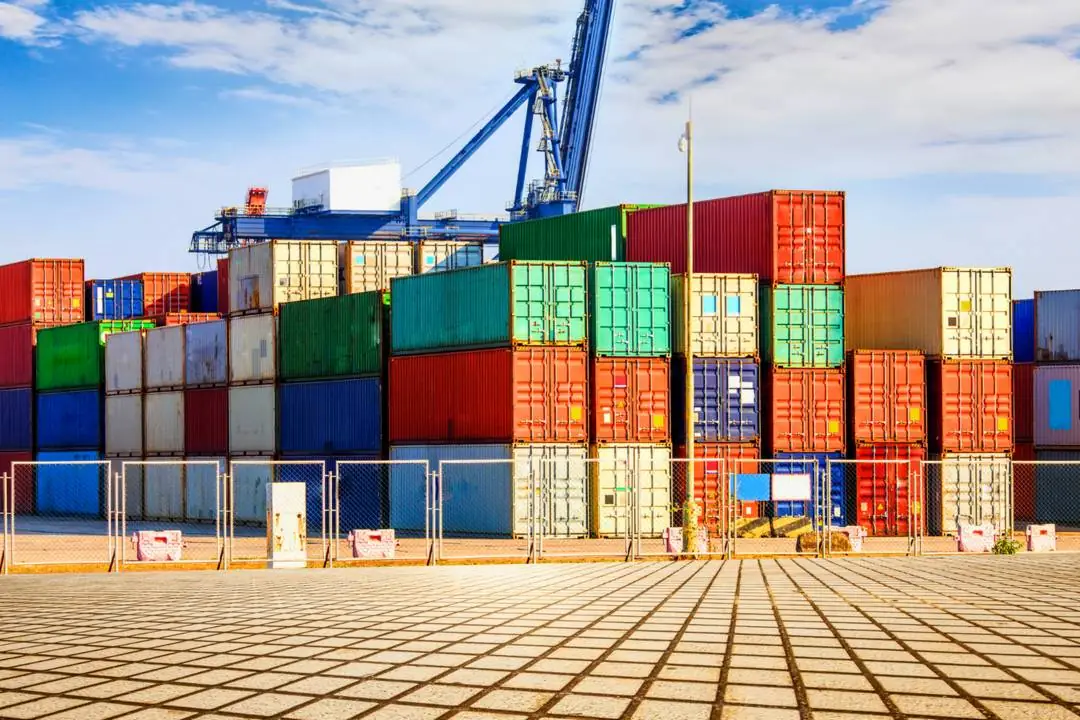Tax challenges for import companies
International trade is a vital part of the global economy, many companies are involved in import activities to supply local markets with a wide variety of products, see what the main tax challenges are for import companies.
Despite the opportunities offered, companies face a unique set of tax challenges that can significantly affect their operations and profitability.
In this article, we will explore the main tax difficulties faced by import companies and how they can mitigate these obstacles to ensure the sustainability of their business.
[Article]: Accounting to optimize inventory management in import and export
What are the import duties and taxes?
Import tariffs and taxes vary according to the country of destination, the type of goods and the specific regulations of each nation. Generally, when importing goods, the associated costs can include:
Customs tariffs
These are taxes applied to the customs value of imported products. These tariffs aim to protect domestic production and balance competition with foreign products.
Value Added Tax (VAT)
Many countries charge VAT on the total value of the goods, including tariffs and transportation costs. This tax is applied to tax consumption in the country of destination.
Customs clearance fees
Some nations charge fees for the customs clearance service, which is the process of releasing and checking goods through customs.
Specific taxes
Depending on the type of product, there may be specific taxes associated with certain categories of goods.
Environmental or health fees
Some countries impose additional taxes on products that may have environmental or health impacts.
Transportation and insurance costs
In addition to taxes and tariffs, it is important to consider the transportation and insurance costs associated with shipping goods.
Tariff classification and customs valuation
Another challenge faced by import companies is related to the correct tariff classification and customs valuation of imported products. Tariff classification determines the applicable import tax rate, and customs valuation establishes the customs value for tax calculation. The complexity of these processes can lead to classification and valuation errors, resulting in possible delays and backlogs in customs clearances.
[Article]: The lack of technical accounting knowledge in importing
Special customs procedures
Import companies may also find themselves having to deal with special customs regimes such as drawback, customs warehousing and temporary importation. Although these pathogenic regimes have tax and customs benefits, their correct application requires in-depth knowledge of customs legislation and procedures, and failure to properly comply with the rules can lead to discounts and financial losses.
[Article]: See the importance of an accountant for import companies
Sanitary and phytosanitary controls
The import of certain products, especially food, medicines and agricultural products, is subject to strict sanitary and phytosanitary controls. Import companies must ensure that their products comply with the rules and regulations in force, otherwise they may face resistance when entering the destination country or even the blocking of their shipments.
In the context of phytosanitary controls, measures include the rigorous inspection of plants, fruit, vegetables and other plant products to prevent the spread of pests harmful to agriculture. The implementation of agricultural quarantine periods, the application of specific phytosanitary treatments and the issuing of phytosanitary certificates are essential practices to ensure compliance with phytosanitary requirements and prevent pests from entering the country.
[Article]: Legislation for import companies
How do exchange rate variations affect import companies?
Exchange rate variations can have a significant impact on import companies. When the local currency depreciates against the foreign currency, import costs tend to increase, making imported products more expensive. This can affect the profitability of import companies, as high operating costs can reduce profit margins. In addition, exchange rate variations can also affect companies' competitiveness on the global market, influencing their ability to offer competitive prices. To deal with these challenges, many companies implement currency risk management strategies, such as using futures contracts or diversifying suppliers in different currencies.
[Article]: The lack of standardization in Brazil's export and import processes
Conclusion
Import companies face a number of fiscal challenges that can impact their ability to operate efficiently and achieve sustainable profitability. A detailed understanding of the customs policies of partner countries, seeking support from international trade experts and investing in technologies to optimize logistics and compliance processes are essential strategies for overcoming these difficulties. In addition, maintaining an ethical and rigorous approach to regulatory compliance is key to avoiding legal problems and guaranteeing the company's acceptance in the global market.
If you need to rely on experienced accounting advice, capable of providing the best strategies for your company to improve its financial performance, get to know CLM Controller's solutions now.




